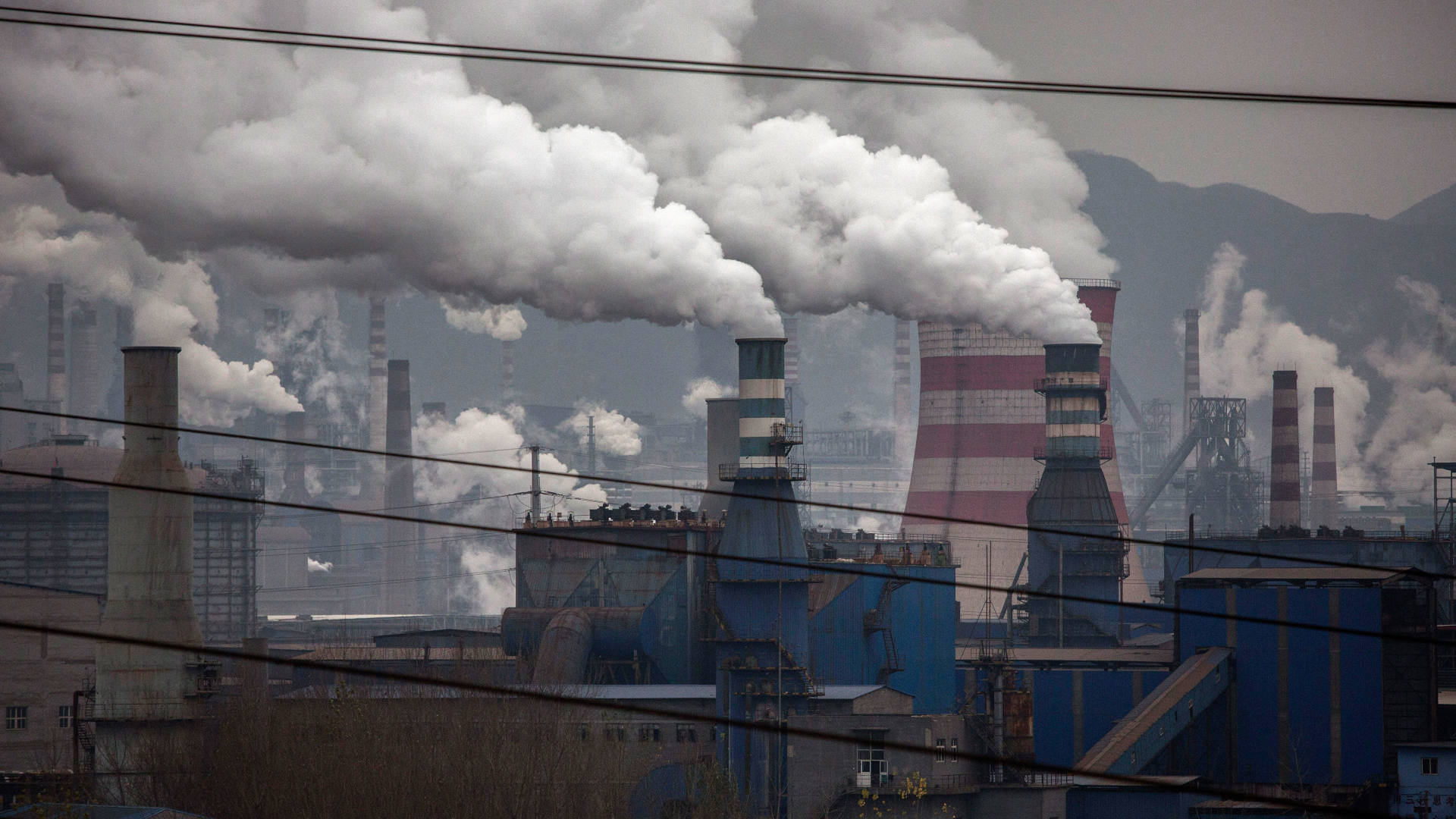

In a concerning development, China may be continuing to emit hydrofluorocarbon-23 (HFC-23), a potent greenhouse gas, despite an international agreement to curb its emissions [2fd5b0b6] [96a26b8a]. Air samples collected at the Gosan atmospheric monitoring station on South Korea's Jeju Island in 2022 showed elevated concentrations of HFC-23, even after China was supposed to have ceased emitting it. China ratified the Kigali Amendment to the Montreal Protocol in June 2021, which requires the country to reduce HFC-23 emissions. The primary source of HFC-23 emissions in China is the manufacturing of hydrochlorofluorocarbon-22 (HCFC-22). To comply with the Montreal Protocol, HCFC-22 manufacturers must install mitigation technologies to destroy the byproduct HFC-23. However, the air samples collected at Gosan indicated that significant emissions of HFC-23 continued to be released from somewhere in the region [2fd5b0b6] [96a26b8a].
The data, posted on the website of the Advanced Global Atmospheric Gases Experiment (AGAGE), suggests that chemical plants in China may not have stopped emitting HFC-23 as required. Further analysis of the air samples and meteorological modeling will be conducted to determine the source and volume of regional HFC-23 emissions. The potential non-compliance with the Kigali Amendment could result in actions by member countries of the Montreal Protocol, including warnings and trade restrictions. China's central government is still developing monitoring, reporting, and verification standards for HFC-23 emissions [2fd5b0b6] [96a26b8a].
This revelation raises concerns about China's adherence to international agreements and its commitment to reducing greenhouse gas emissions. The potential non-compliance with the Kigali Amendment could have significant implications for global efforts to combat climate change. It may also lead to actions by other countries to address this issue and ensure compliance with emission reduction targets [2fd5b0b6] [96a26b8a].
The interconnectedness of global issues is once again highlighted, as China's potential non-compliance with HFC-23 emissions reduction intersects with the broader discussions on climate change and environmental policy. It underscores the need for continued monitoring, reporting, and verification of emissions to ensure the effectiveness of international agreements and the achievement of climate goals.